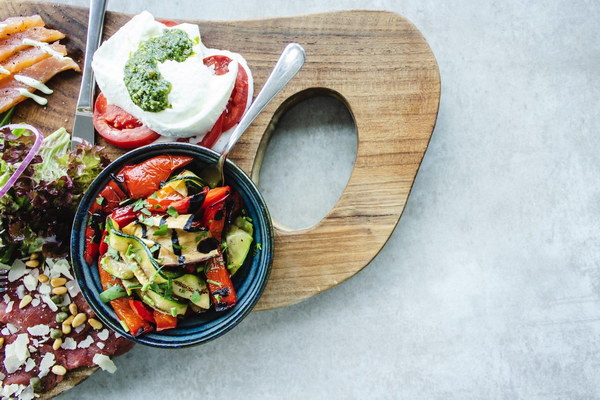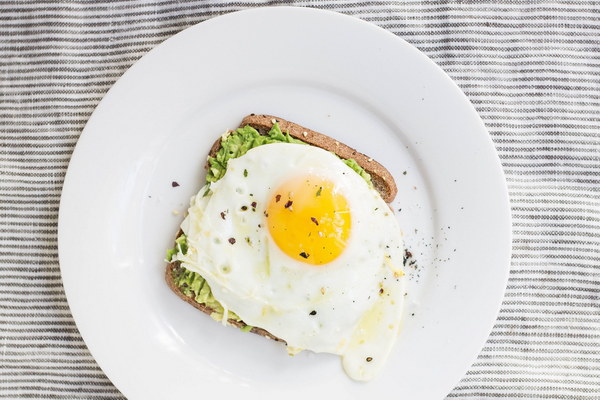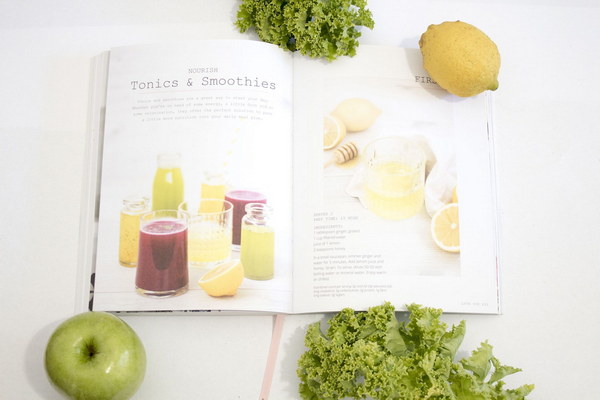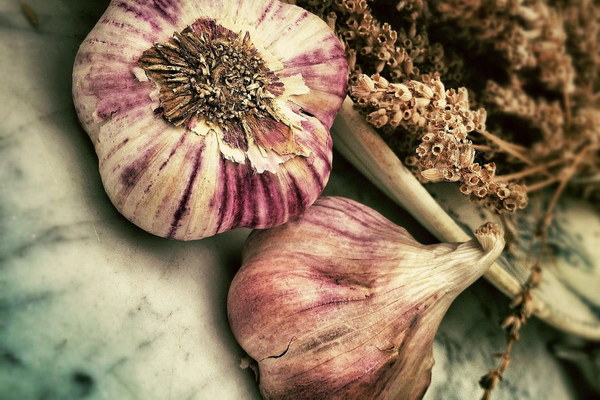Does Millet Really Boost Qi and Blood Unveiling the Health Benefits of this Ancient Grain
In the realm of traditional Chinese medicine, millet is often praised for its numerous health benefits. One of the most intriguing claims is that millet can boost qi and blood. But does this ancient grain really live up to the hype? Let's dive into the world of millet and explore its potential benefits in this article.

First, let's understand what qi and blood are in the context of traditional Chinese medicine. Qi is considered the vital life force that flows through the body, maintaining health and vitality. Blood, on the other hand, is the substance that nourishes and protects the body's tissues and organs. Together, they are crucial for maintaining overall health and well-being.
Millet, a small, round grain, has been cultivated for thousands of years and is considered a staple food in many cultures. It is believed to have originated in China, where it has been used for its health benefits for centuries. There are several types of millet, including white millet, brown millet, and proso millet, each with its unique properties and benefits.
So, can millet really boost qi and blood? The answer is yes, to some extent. Millet is rich in essential nutrients, such as vitamins, minerals, and antioxidants, which play a vital role in the body's production and maintenance of qi and blood.
One of the key nutrients in millet that contributes to its ability to boost qi and blood is iron. Iron is an essential mineral that plays a crucial role in the production of red blood cells, which carry oxygen throughout the body. A deficiency in iron can lead to anemia, a condition characterized by weakness, fatigue, and a reduced ability to fight infections. By providing a good source of iron, millet can help improve the quality of blood and increase energy levels.
In addition to iron, millet is also a good source of vitamin B12, which is essential for the formation of red blood cells and the maintenance of a healthy nervous system. Vitamin B12 is often found in animal products, making millet an excellent option for vegetarians and vegans who may be at risk of deficiency.
Furthermore, millet contains other essential nutrients such as folic acid, selenium, and magnesium, all of which play a role in maintaining a healthy blood count and overall health. Selenium, for instance, is an antioxidant that helps protect the body against oxidative stress and supports the immune system.
While millet offers numerous health benefits, it is important to note that it may not be a miracle food for boosting qi and blood. Traditional Chinese medicine emphasizes a holistic approach to health, which includes a balanced diet, regular exercise, and mental well-being. Incorporating millet into a healthy lifestyle can help support the body's natural processes and improve overall health.
To incorporate millet into your diet, there are many delicious and versatile ways to enjoy it. You can cook it like rice, use it as a base for salads, or even make porridge. Millet can be a great addition to your meal plan, whether you're aiming to boost your qi and blood or simply looking for a nutritious, gluten-free grain.
In conclusion, while there is no scientific evidence to prove that millet can boost qi and blood beyond its nutritional benefits, it is still a nutritious and healthful grain. Incorporating millet into your diet can provide essential nutrients that support the body's natural processes and contribute to overall health and well-being. As with any dietary change, it's important to consult with a healthcare professional to ensure that it is appropriate for your individual health needs.









